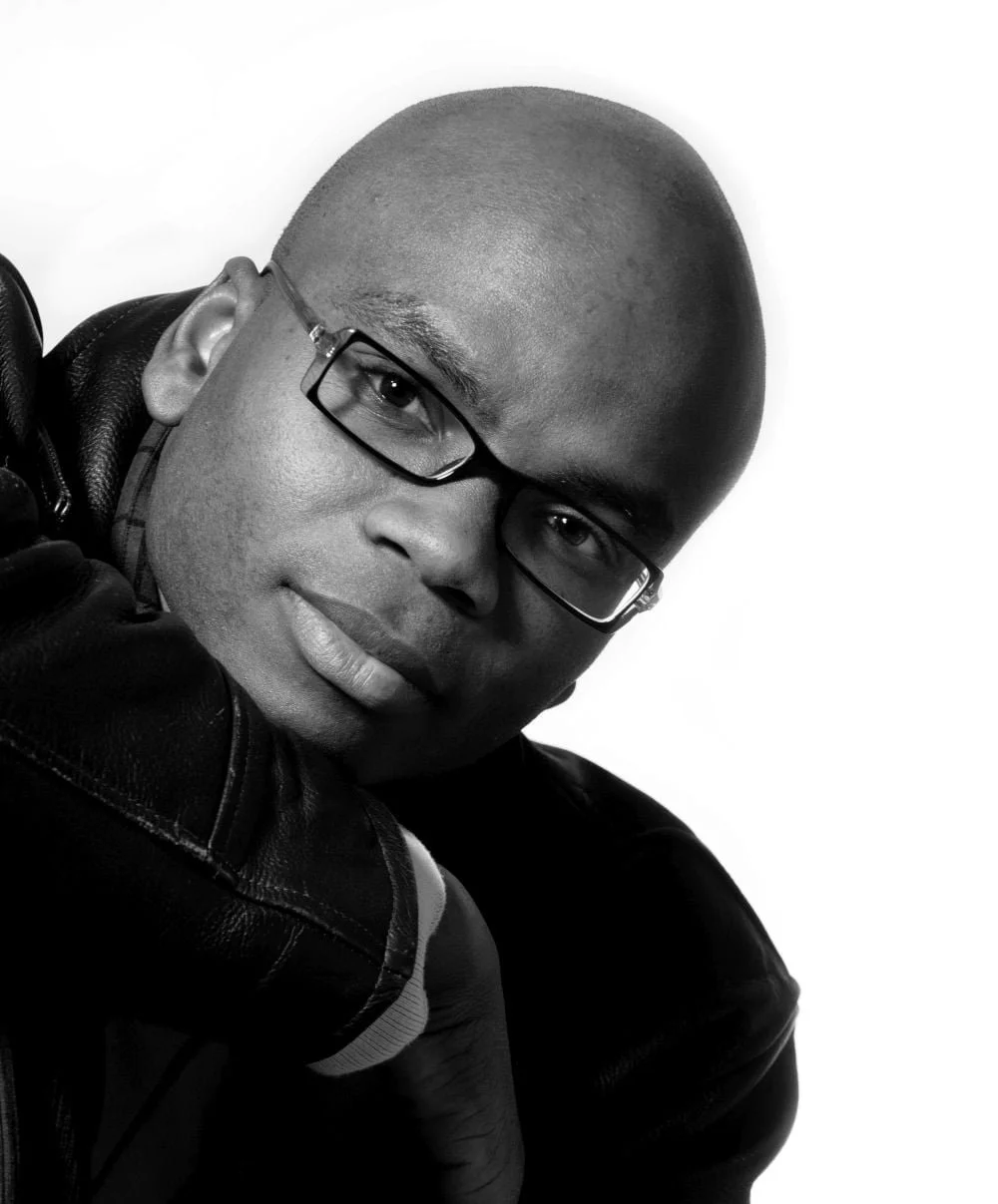The Honesty’s Too Much: A Visit With Dan Hill
One cold morning in late January 2009, I interviewed singer-songwriter Dan Hill in the basement recording studio in his east Toronto home. Its warm white walls display a vast selection of framed gold, platinum and top-selling albums, and a small army of sculptured awards, a fraction of the spoils -- including a Grammy and five Junos -- of his long, fruitful career.
His past three and a half years have been devoted to writing his memoir I Am My Father's Son, a chronicle of the volatile relationship he shared with his father, Canadian civil rights activist Dan Hill Sr.
The following week, publicity for the book begins in earnest. But first Hill must fly to Nashville to record the song of the same name.
"Would you like to hear it?" he asks. "I need the practice," he explains, reaching for the guitar resting against the wall behind him, and at the table that serves as his writing desk, he begins to sing. His voice is complex and warm in the lower registers, edgier at the top:
Dan Hill & his family [Dan Hill Jr. (left), his mother Donna Hill (second from left), his father Dan Hill Sr. (centre), his sister Karen Hill (second from right) and brother Lawrence Hill (right)]
Memories die hard, love dies harder still
I forgive you, I have no choice
'Cause when all is said and done
I am my father's son.
Hill, who is married -- he has a grown son -- sang this song for his father a few weeks before he slipped into a coma and passed away in June of 2003 after a long battle with diabetes.
Music had been their battleground, but after his father's death Hill's songwriting skills mysteriously disappeared. For someone who made his living composing songs for artists from George Benson to Alan Jackson to Celine Dion and the Backstreet Boys, that constituted a crisis. Even worse, Hill had always turned to music as a means of expressing his emotions and without it he felt desperate.
"I was planning to write songs as a way of dealing with my dad's death," Hill says.
"But after he died it finally hit me. All those years, I hadn't been writing songs for the fame, or even for the girls. I'd been writing songs to gain my father's approval. Now that I couldn't write, I had to do something with that creative energy. I knew if I didn't I would become destructive."
I Am My Father's Son is the product of that grief and that restless, shimmering energy that vibrates about him like an electrical force.
The memoir charts a spectacular clash of wills: Hill's single-minded pursuit of a music career with his father's equally single-minded efforts to stop it. In retrospect, Hill's success seems predestined. By his early twenties, hits like You Make Me Want To Be and "that song" (Sometimes When We Touch), one of the most covered singles of all time -- had made him a bona fide millionaire.
But in Don Mills in the late '60s and early '70s, the dream of music stardom was as illusory as stardust. As far as Hill's father, Dan Sr., was concerned, academic achievement was the only thing that guaranteed a black man prosperity and social acceptance.
An African-American, with a white wife, Dan Sr. knew only too well the impediments that might hamper his son's future. His own extraordinary career would see him appointed the first director of Ontario's Human Rights Commission and later ombudsman of Ontario, establishing The Ontario Black History Society along the way.
Born in Independence, Mo., in 1923, Dan Sr. was descended from a family of high achievers: his great-great-grandfather had earned enough money to purchase his entire family out of slavery. His own father had been an officer in the First World War, a Methodist minister who corresponded with Dr. Martin Luther King and was friends with poet Langston Hughes.
Still, Dan Sr. could not shake the humiliations of his younger years, especially the memories of his stint in the army, the gruelling menial chores and the harsh, racist treatment of his white superiors.
Attorney General’s reception for the Ontario Black History Society, February 16, 1981 [Dan Hill (left), Penelope Hodge (second from left), Attorney General Roy McMurty (middle) and other attendees]
A passionate family man, patient with the bouts of mental illness that landed his beloved wife, Donna, in hospital, Dan Sr. was nevertheless a domineering parent. He had a mercurial temperament, and a penchant for outrageous tales, teasing and a kind of psychological torment. He was toughening his children for the cruel world awaiting them, he would later explain. He was determined that all three -- Hill has a younger sister and a brother, the novelist Lawrence Hill (The Book of Negroes) -- would be free of the fear of racial inferiority.
"It's very, very complicated," Hill explains. "He felt we had to compensate for our race. That's part of the reason we were such over-achievers. There was a part of our father who thought we were Einsteins and another part of him who thought we were suffering from overweening ambition. He had to put us in our place."
From as early as he could remember, Hill had been obsessed with music. It was, he says, "a primal thing," pure joy. At six, he would seat himself between the speakers of the family stereo and croon along with Sinatra, until his parents, desperate for peace, would order him to his room.
As he reached adolescence, music became an escape, a refuge from his father's persistent demands, and from the burdens of race. His black heritage was a secret embarrassment to him. Secret because his fair skin meant his peers could not guess his racial identity, and embarrassing because his outspoken father could be counted upon to do or say something that would draw attention to his race.
Alone, in the basement or in the privacy of his bedroom, Hill shaped his ambivalent feelings into love songs and ballads -- a distinct and very personal kind of blues.
In songwriting, Hill explains, the sound of the words is as important as their meanings "Even when Sting says: 'Da doo doo doo/ Da daa daa daa/ That's all I want to say to you.' Musically that makes sense."
A young Dan Hill Jr.
Inevitably, Hill's musical sensibility infuses his prose, even though his writing is not lyrical in the poetic sense. His prose is like his songs in the way his disarming candour directly accesses the reader's emotions. The story has a musical pulse, an exactness of comedic timing.
Like his father, and brother, and perhaps even his son -- who already has an agent and is working on a book -- Hill possesses the gift of storytelling, in the broad, oral, African-American tradition.
Parts of this book are hysterical: the scene, for instance, where a young Hill gets sent to the office for titillating classmates with a true tale of the time his mother spanked his father's bare bum. "Never, ever repeat that story," the mortified principal whispers to Hill before returning him to class.
Over the course of this book, through the alarming vicissitudes of Hill's career, and the slow but steady growth of his character, the reader realizes that Hill had more in common with his father than the ability to tell tall tales. He is also a committed family man, with a dogged work ethic, who is ultimately willing to confront his mistakes and, however tentatively, accept change.
Touching base with Hill just after he returns from recording his new single in Nashville, he says, "The session went very well. I was happy with the sound of my voice."
He seems so genuinely excited, so enthusiastic -- as if he'd been singing for the very first time.
This piece previously appeared in the Ottawa Citizen.








